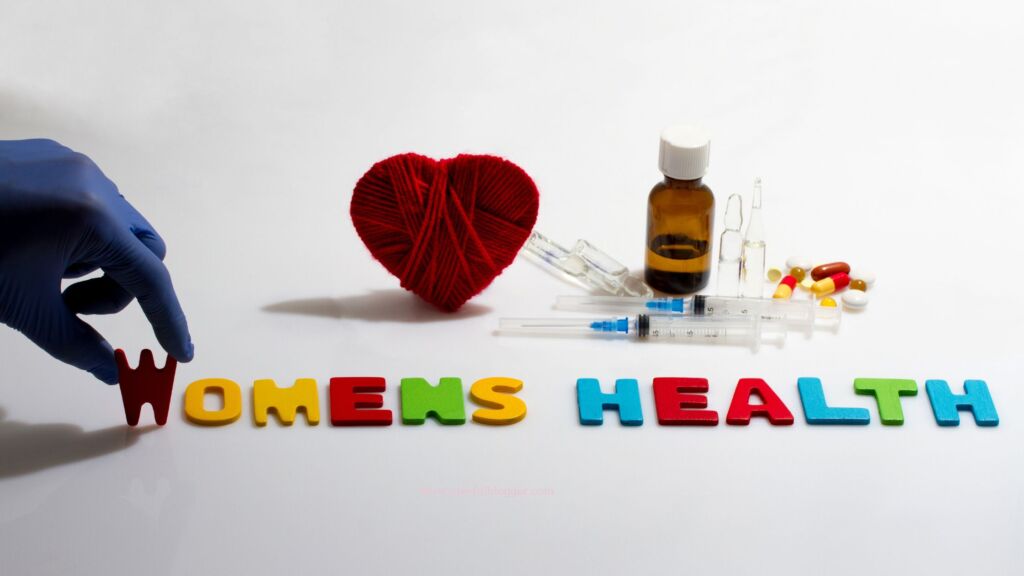Health Checklist for Women in Their 40s: Prioritize Your Well-Being: A major turning point occurs in life when you enter your 40s. It is a milestone that brings an aura with it, a blend of wisdom, self-confidence, and self-awareness. But, this is also the time to focus on your health. In your 40s, health becomes the most important crusader. While the body undergoes natural changes, maintaining a proactive approach to wellness can ensure a healthier and happier life. To assist women in navigating this crucial time, here is a thorough health checklist for women in their 40s.
1. General Health Checkups
Health screenings play a vital role in early detection and prevention of diseases. Here are the key tests and exams to prioritize:
- Physical Exam: A full-body assessment, including height, weight, blood pressure, and pulse rate, helps monitor overall health.
- Body Mass Index (BMI): Regularly checking BMI helps assess the risk of obesity-related conditions such as diabetes and heart disease.
- Blood Pressure Screening: High blood pressure increases the risk of heart disease and stroke. Women should have their blood pressure checked at regular basis.
- Cholesterol Check: A lipid panel test measures cholesterol levels and should be done every 4-6 years or more frequently if there is a history of high cholesterol, heart disease, or other risk factors.
- Diabetes Screening: A fasting blood sugar test or A1C test should be done every 3 years, or more often if risk factors such as obesity, high blood pressure, or a family history of diabetes exist.
- Thyroid Function Test: Hormonal changes in your 40s can affect thyroid function. Consult your doctor if you experience fatigue, weight changes, or mood swings.
2. Cancer Screenings
- Mammograms: The American Cancer Society recommends that women start annual mammograms at age 45, but those at higher risk (family history, genetic mutations) may begin earlier. Women should discuss the best screening schedule with their doctor. Begin routine mammograms by age 40, or earlier if there’s a family history of breast cancer. Follow your doctor’s advice regarding frequency.
- Clinical Breast Exam (CBE): Performed by a healthcare provider during routine checkups to check for lumps or abnormalities.
- Pap Smear and HPV Test: These tests help detect early signs of cervical cancer. Women should continue routine screenings unless their doctor advises otherwise. What makes Cervical Cancer a silent Killer?
3. Weight Management and Nutrition Health Checklist for Women in Their 40s
Metabolism naturally slows in your 40s, making weight management more challenging. Focus on:
- Portion Control: Be mindful of serving sizes to avoid overeating.
- Protein Intake: Protein supports muscle maintenance and overall energy levels.
- Healthy Fats: Incorporate sources like avocados, nuts, seeds, and olive oil.
- Hydration: Drink plenty of water to support metabolism and overall health.
4. Heart Health
Heart disease remains a leading cause of death for women. Protect your cardiovascular health by:
- Electrocardiogram (ECG/EKG): May be recommended for women with heart disease risk factors.
- Maintaining a Healthy Weight: Excess weight increases the risk of high blood pressure, diabetes, and heart disease.
- Regular Exercise: Aim for at least 150 minutes of moderate aerobic activity or 75 minutes of vigorous activity weekly.
- Balanced Diet: Focus on whole grains, lean proteins, healthy fats, and plenty of fruits and vegetables.
- Managing Stress: Chronic stress can negatively impact heart health. Incorporate stress-reducing practices like meditation, deep breathing, or hobbies.
5. Hormonal Health
Health Checklist for Women in their 40s is incomplete without talking about hormonal health. Women in their 40s often experience perimenopause, the transitional phase before menopause. Hormonal fluctuations can cause symptoms such as:
- Irregular periods
- Hot flashes
- Mood swings
- Sleep disturbances
Speak with your healthcare provider about managing these symptoms. Options may include lifestyle changes, hormone replacement therapy (HRT), or alternative treatments.

6. Mental Health and Emotional Well-Being
Your 40s can bring unique stressors, including career pressures, caregiving responsibilities, and personal transitions. Prioritize your mental health by:
- Seeking Support: Don’t hesitate to reach out to a therapist or counselor if you feel overwhelmed.
- Practicing Self-Care: Dedicate time to activities that bring joy and relaxation.
- Monitoring Mood: Be aware of signs of depression or anxiety, and seek help if needed.
7. Eye and Dental Health Checklist for Women in Their 40s
Vision and dental health often change with age. Schedule regular check-ups to address:
- Eye Health: Presbyopia, or age-related difficulty focusing on close objects, is common in your 40s. Regular eye exams can detect other issues like glaucoma or cataracts early.
- Dental Health: Gum disease and tooth sensitivity can become more prevalent. Maintain good oral hygiene and visit your dentist biannually.
8. Immunization and Lifestyle Assessments
Proactive care is key to staying healthy in your 40s. Consider:
- Vaccinations: Stay updated on flu, COVID-19, and other recommended vaccines.
- Health Education: Learn about your family’s medical history to understand potential risks.
- Addressing Sleep Issues: Consult a doctor if you experience insomnia or other sleep disorders.
- Establishing a Routine: Go to bed and wake up at the same time daily.
- Creating a Relaxing Environment: Keep your bedroom dark, quiet, and cool.
Conclusion
Regular health screenings in your 40s help detect potential health problems early and ensure timely intervention. Women should work closely with their healthcare providers to create a personalized screening schedule based on their medical history and risk factors. Prioritizing preventive care can lead to better long-term health outcomes.
Copyright
©Dipika Singh. This article is the property of the site’s author. Any unauthorized use or duplication of this material without express and written permission from this site’s author is strictly prohibited. Excerpts and links used, provided that full and clear credit is given to Dipika Singh (Gleefulblogger). With the right and specific direction to the original content.

